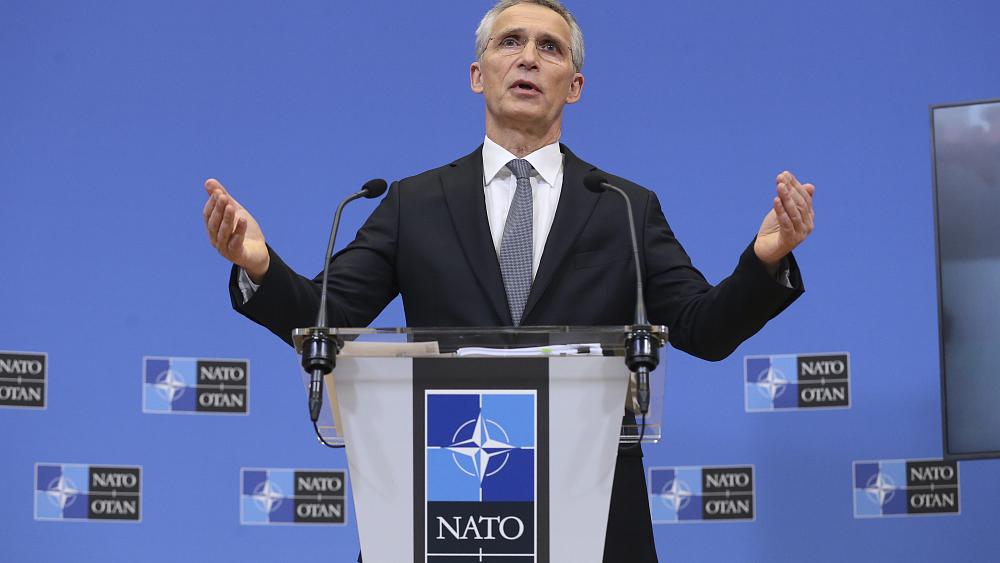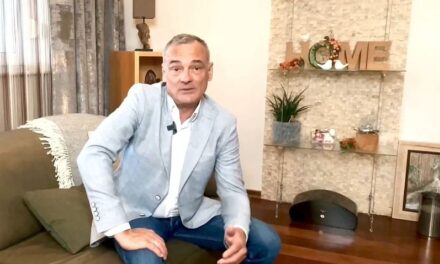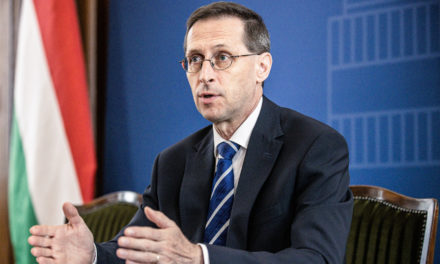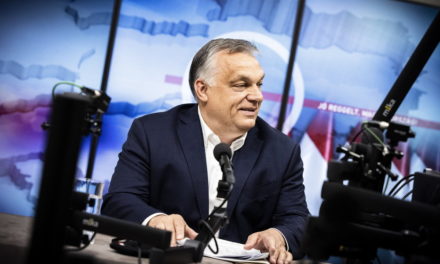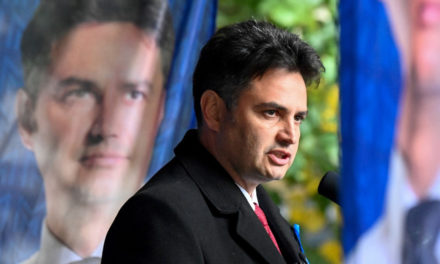The NATO Secretary General is discussing the deployment of nuclear weapons with the member states.
It must show the bloc its nuclear arsenal - this is what Jens Stoltenberg talked about in an interview at the end of the week. The NATO Secretary General believes that a deterrent force is needed in response to the threat from Russia and China.
Nuclear weapons would be put on standby by Jens Stoltenberg, who says that a deterrent force must be demonstrated in response to threats from Russia and China. In an interview with the British newspaper The Telegraph, the NATO Secretary General spoke about the fact that negotiations are already underway with the member states.
“I will not go into the operational details of how many nuclear warheads should be operational and how many should be stored, but we need to negotiate on these issues. This is exactly what we are doing," he said.
Among the central topics of the consultations, he mentioned the removal of warheads from stockpiles and their readiness, as well as the use of transparency as a deterrent.
Stoltenberg believes that nuclear transparency should be the cornerstone of NATO's nuclear strategy, with which the defense alliance is prepared for a more dangerous world.
The newspaper pointed out that a decade ago the operations were carried out in complete secrecy, but now the exact opposite is happening: the NATO Secretary General often praises and commends those member states that contribute to deterrence. The Telegraph cited the Netherlands as an example, which has invested in fighter jets capable of carrying US nuclear weapons.
Transparency helps communicate the message that we are a nuclear alliance. NATO's goal is of course a world without nuclear weapons, but as long as nuclear weapons exist, we will remain a nuclear alliance , he emphasized.
He added that if "Russia, China and North Korea have nuclear weapons and NATO does not," the world is more dangerous.
The general secretary of the alliance does not consider it impossible that the West will really have to face Russia and China in the distant future. The global arms race reached a new turning point after the outbreak of the Russian-Ukrainian war. In the past two years, in addition to the great powers, regional powers have also been trying to strengthen their defense and offensive capacities. For example, China may have as many intercontinental ballistic missiles as the United States by 2030, according to the annual report of the Stockholm International Peace Research Institute (SIPRI).
Cover photo: Jens Stoltenberg
Source: hu.euronews.com

